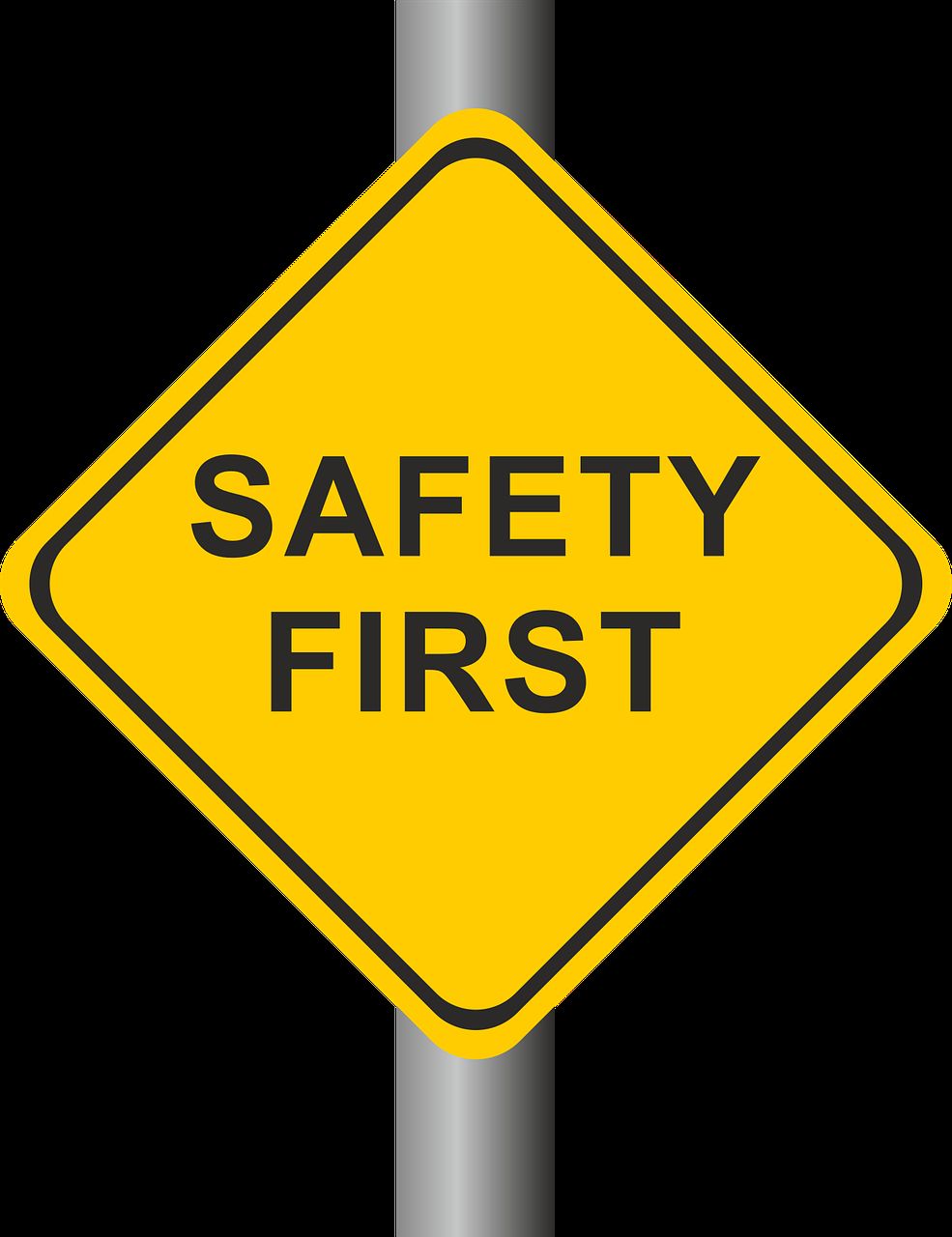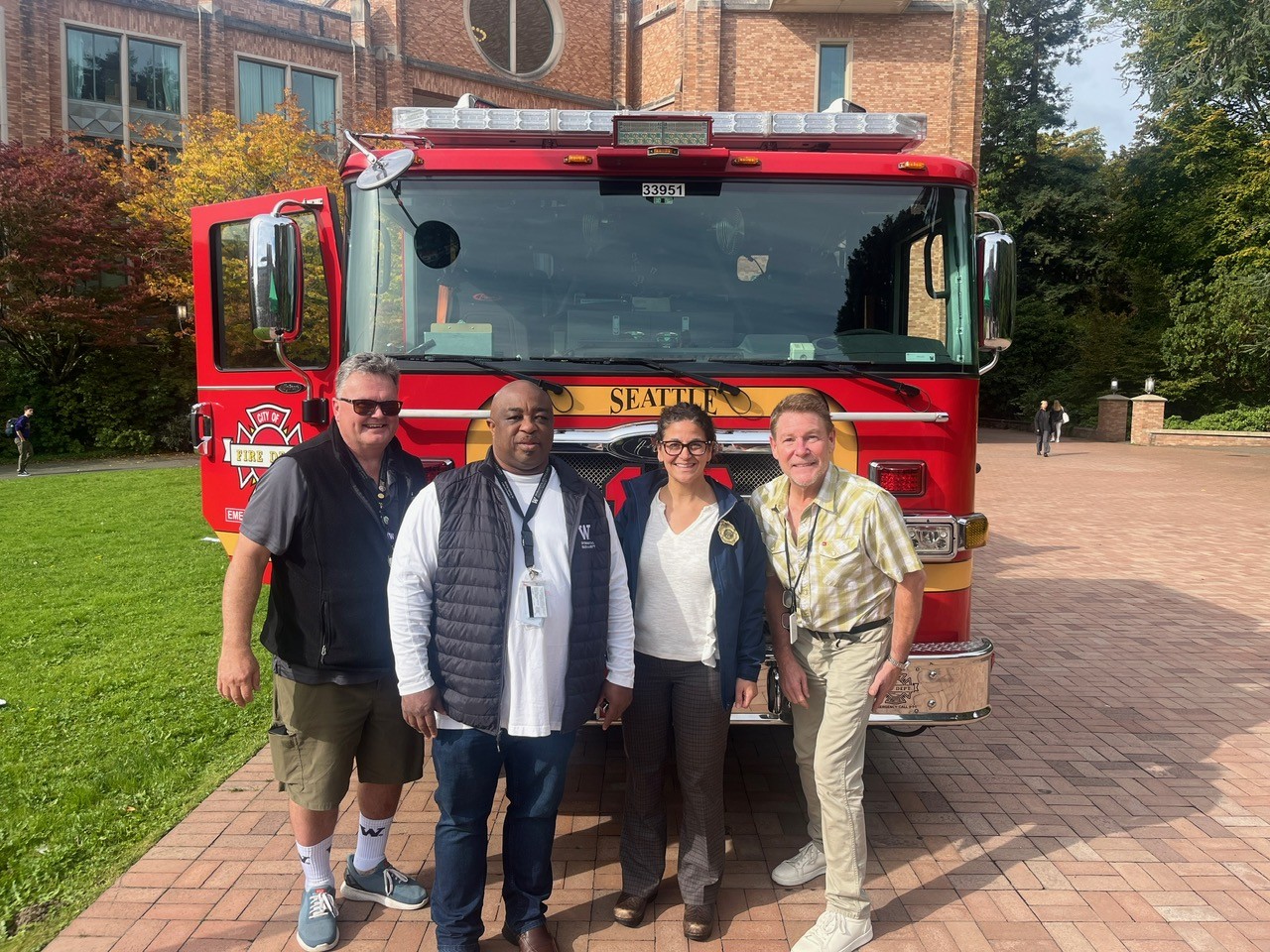2025 Laboratory Safety Awards and Innovations Event
The University of Washington celebrated excellence in research safety at the 2025 Laboratory Safety Awards & Innovations Event, honoring 21 laboratories, departments and individuals for their outstanding contributions to building a strong culture of safety across campuses.

 Stop by our table on the HUB Lawn to learn about fire prevention and smoke detectors.
Stop by our table on the HUB Lawn to learn about fire prevention and smoke detectors.